Remember when politics was uplifting? When there was heated but respectful debate. Each group of politicians arguing for their own ideas with passion and belief, not just having a go at the other side?
No, me neither.
However, there were elements of all these positive attributes in the past. And there still are, across the party spectrum.
The danger is that we are entering a period up to the next general election when UK politics will amount to little more than a blame game.
We saw this played out in last week’s Autumn Statement by the Chancellor, Jeremy Hunt.
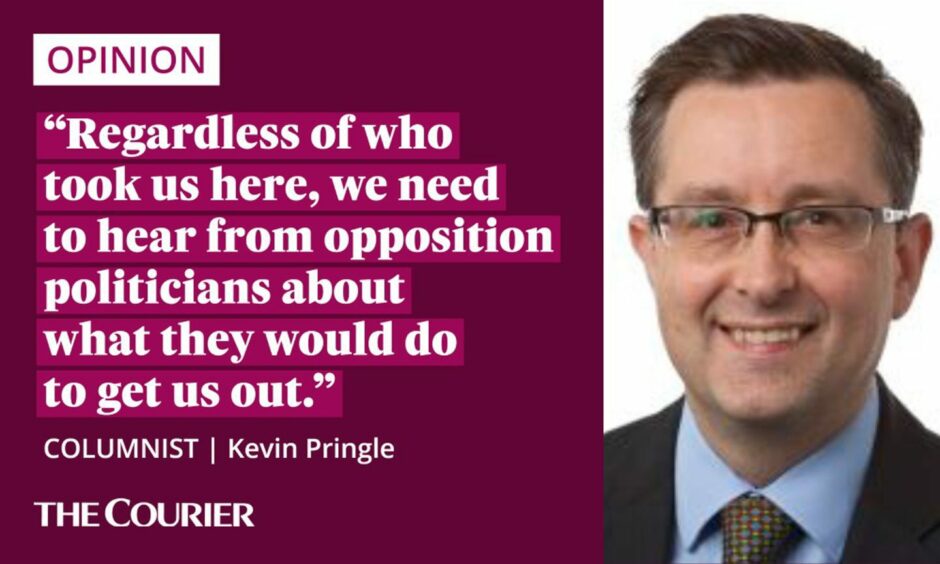
No one can doubt there is an awful lot to allocate blame for, between big spending cuts, tax rises, high inflation, and households struggling with energy bills.
The scariest economic news was contained in the report by the independent Office for Budget Responsibility.
Living standards in the UK are due to tumble by seven per cent between now and 2023/24, wiping out the growth of the last eight years.
A recession (which is to say shrinkage) in the economy will last for more than a year.
Unemployment is forecast to rise by over half a million.
Made in Russia? Or do the Tories just need someone to blame?
So what has caused this sorry mess? Mr Hunt insists it is “made in Russia” – because of the energy and economic shocks inflicted by Vladimir Putin’s invasion of Ukraine – and that recovery will be “made in Britain”.
Labour blames the infamous mini-budget of the short-lived administration of Liz Truss for inflicting a lasting hit to the British economy.
According to the Resolution Foundation think tank, this cost the country a staggering £30 billion: a hole now requiring to be filled by cutting spending and increasing tax.
It is the exact opposite of what the former chancellor, Kwasi Kwarteng, promised in September.
The SNP agrees with Labour, but also points to wider issues such as Brexit and being out of the European single market, making the case that “independence is the only way to keep Scotland safe from Tory cuts and Brexit decline”.
👇 Tory Ministers cannot name one benefit of Brexit under pressure from @PeterGrantMP – simply because there are none. pic.twitter.com/Q9S2hZGnmv
— The SNP (@theSNP) November 22, 2022
No doubt all these factors have played their part in brewing the economic storm we are living through.
Each problem will be making the rest worse than they would otherwise have been.
However, I suspect most people will buy the arguments of the opposition parties and point their finger at the Conservative government as being the main culprit.
Why it’s not enough to blame the Tories
After all, according to a new report from the Organisation for Economic Co-operation and Development, the UK is facing the worst downturn among major economies next year.
We are forecast to have a recession that much of the rest of the world will avoid.
It stands to reason that the cause of such uniquely adverse impacts in this country must be ‘made at Westminster’.
The UK government has to be held responsible for that.
On the other hand, politics ought to amount to a lot more than the allocation of blame.
Regardless of who took us here, we need to hear from opposition politicians about what they would do to get us out.
I’ll always be favourable to a Labour rather than a Tory government. And I follow politics pretty closely. But I have to confess to not knowing much about the plans of Keir Starmer as prime minister.
What I do know is that parties aspiring to government have to communicate a positive vision, with the practical policies to match.
Think Labour in 1945, 1964 and 1997.
Or the SNP in the run-up to winning office in 2007.
It is always tempting for politicians, but the tearing down of incumbents is never enough.
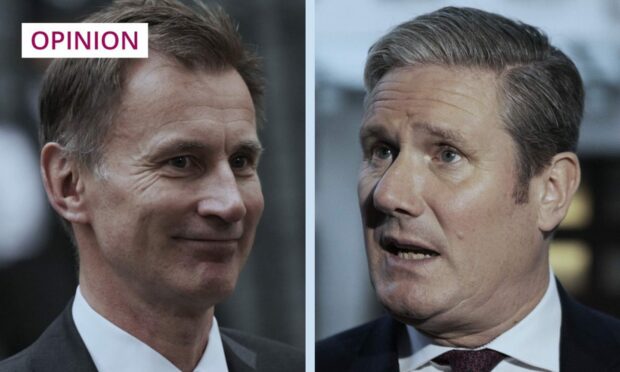
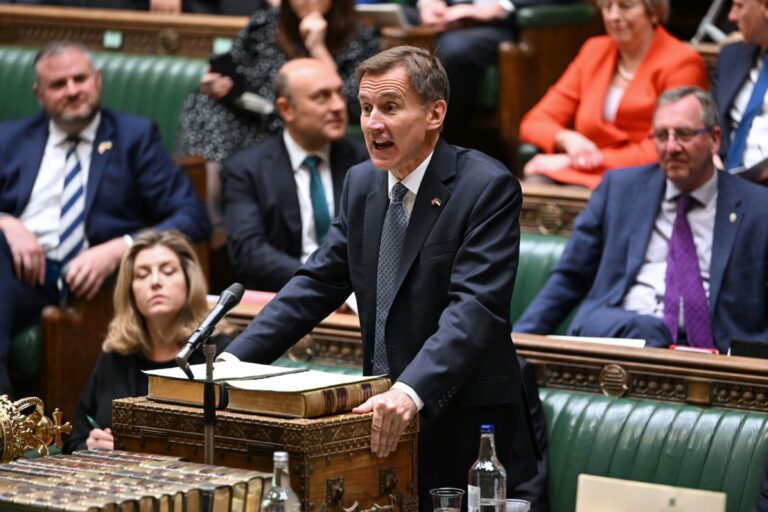
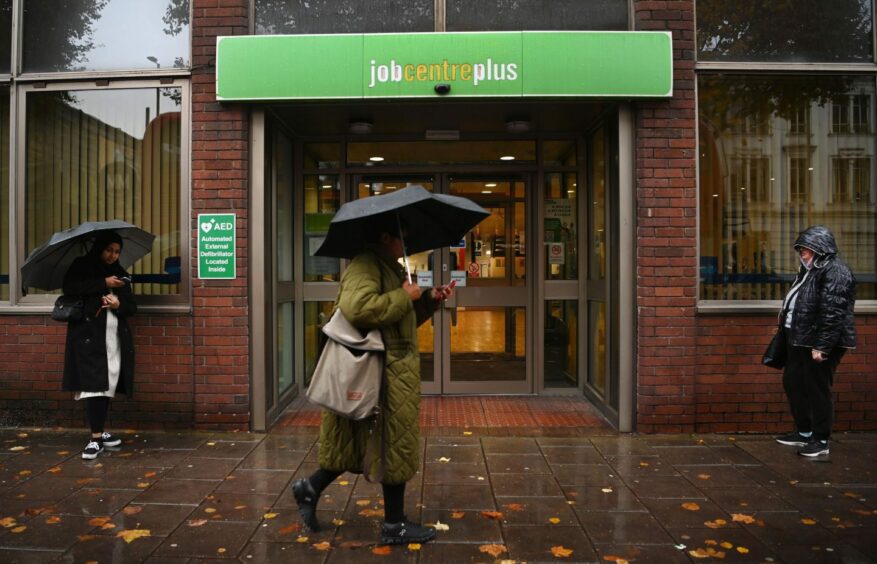
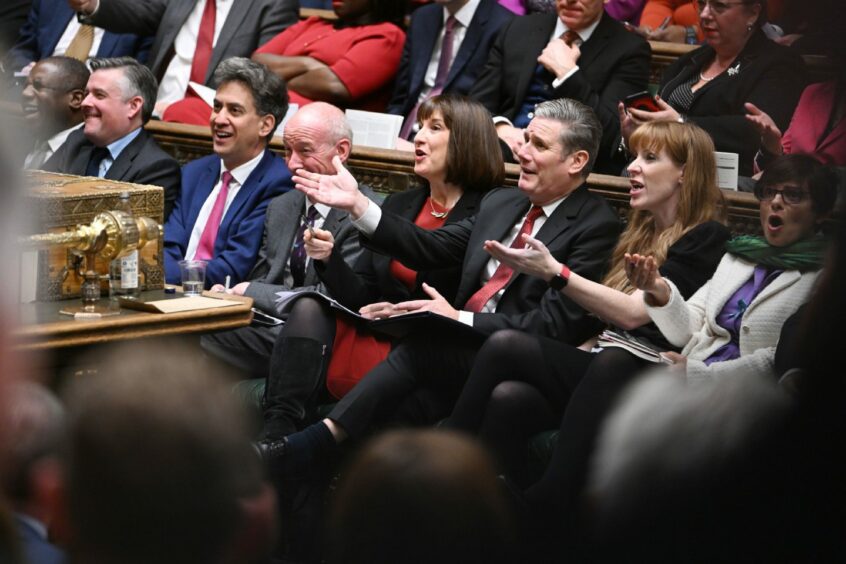









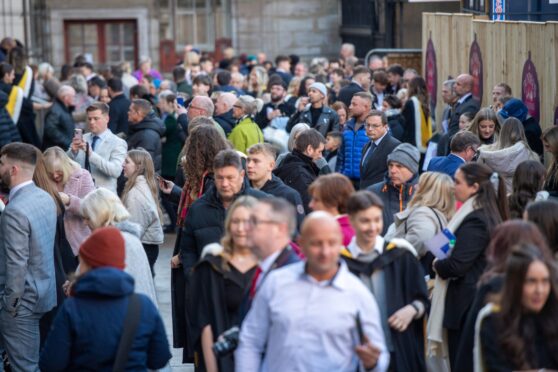
Conversation